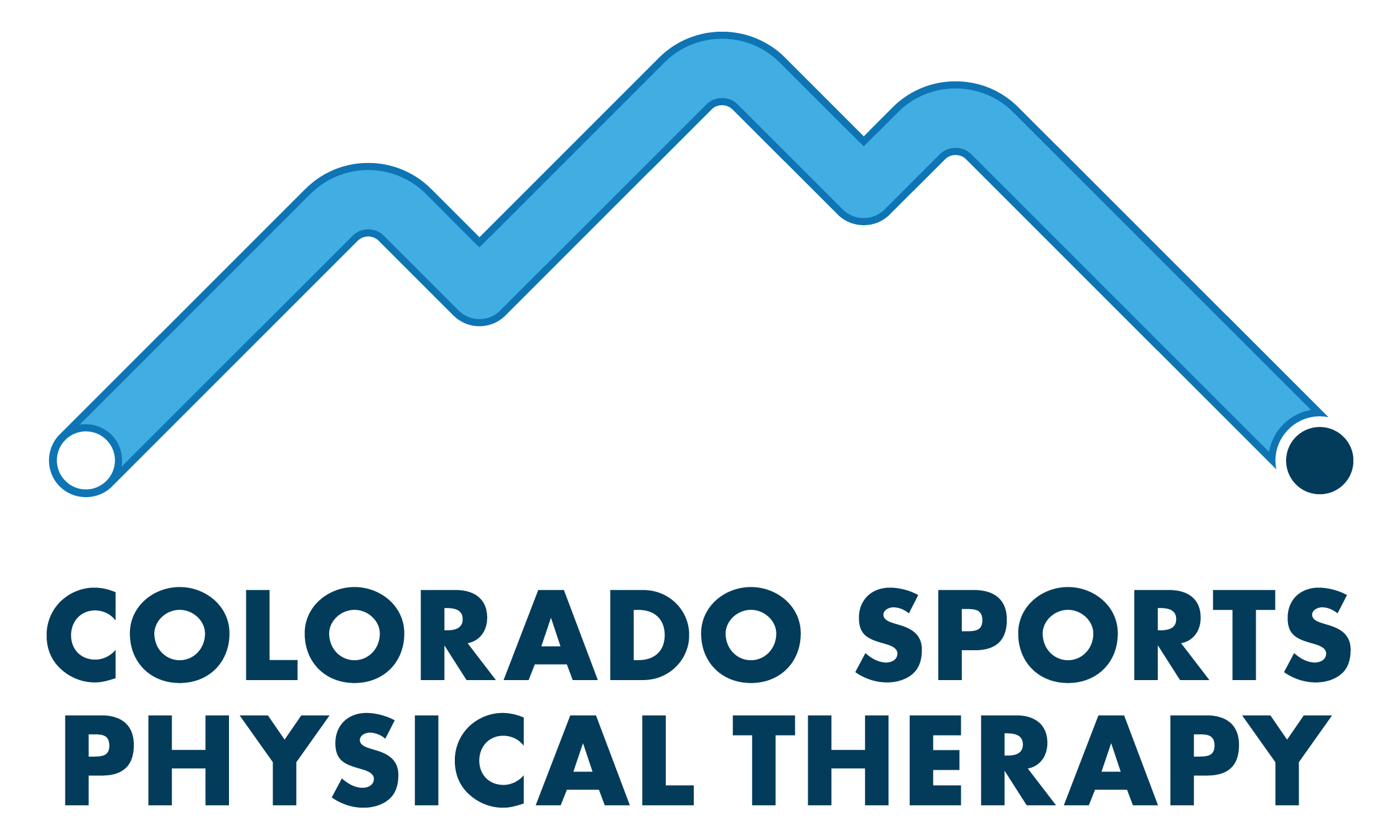Is Exercise a Panacea?
We talk about exercise a lot on this blog. Just in case you think we’re obsessed with it for no good reason, we have assembled a short list of things you might be surprised are positively impacted by exercise. We use “n” in this context to refer to the number of subjects in a study or the number of studies reviewed in a systematic review; the higher the “n”, generally, the more robust the study and the more attention we give to the results. Where possible, we have sought out high-“n” studies and large systematic reviews so that we can be more confident in generalizing and applying these results.
ADHD (Ng)
n = 30 studies
Result: “Physical activity, in particular moderate-to-intense aerobic exercise, is a beneficial and well-tolerated intervention for children and adolescents with ADHD.”
All-cause mortality in older women (Kamada)
n = 28,879 women
Result: “Time in strength training showed a J-shaped association with all-cause mortality in older women. A moderate amount of time in strength training seemed beneficial for longevity, independent of aerobic activity.”
All-cause mortality in adults (Oja)
n = 80,306 adults >30 y/o
Result: Strength exercise, aerobic exercise, and a combination of the two were all associated with decreased all-cause mortality
Alzheimer’s (Morris)
n = 76 older individuals with Alzheimer’s
Result: “Aerobic exercise in early [Alzheimer’s Disease] is associated with benefits in functional ability. Exercise-related gains in cardiorespiratory fitness were associated with improved memory performance.”
Cancer functional outcomes (Stout)
n = 53 studies
Result: “Exercise promotes significant improvements in clinical, functional, and in some populations, survival outcomes and can be recommended regardless of the type of cancer.”
Cognitive capacity in young adults (Opel)
n = 1,206 healthy young adults
Result: Improved walking endurance was associated with improved cognitive function (note that this was not a causative relationship, just identifying a positive correlation between endurance and cognitive function)
Cognitive capacity in older adults (Northey)
n = 36 studies
Result: “Physical exercise improved cognitive function in the over 50’s, regardless of the cognitive status of participants.”
Knee osteoarthritis (Fransen)
n = 54 studies
Result: “Among people with knee osteoarthritis, land-based therapeutic exercise provides short-term benefit that is sustained for at least 2-6 months after cessation of formal treatment.” Benefits included decreased pain, increased function, and quality of life.
Sleep (Kovacevic)
n = 13 studies
Result: “Chronic resistance exercise improves all aspects of sleep, with the greatest benefit for sleep quality.”
So there you have it: A quick review of a handful of the benefits of exercise. And this really is just a handful - the effects of exercise are diverse and significant. One common theme among these studies is that exercise needs to be sufficiently challenging to make changes. If you are unsure of how hard you should be exercising, what mode of exercise might be best for you, or how to start/modify an exercise routine that fits you best, we are here to help! Take a look at our programs page to see what we have on offer right now, and check back regularly for new offerings. If you would like an individual consultation to discuss exercise goals and recommendations, our therapists would be glad to help. Contact us today!
Fransen, M., & Mcconnell, S. (2008). Exercise for osteoarthritis of the knee. Cochrane Database of Systematic Reviews. doi: 10.1002/14651858.cd004376.pub2
Kamada, M., Shiroma, E. J., Buring, J. E., Miyachi, M., & Lee, I. M. (2017). Strength Training and All‐Cause, Cardiovascular Disease, and Cancer Mortality in Older Women: A Cohort Study. Journal of the American Heart Association, 6(11). doi: 10.1161/jaha.117.007677
Kovacevic, A., Mavros, Y., Heisz, J. J., & Singh, M. A. F. (2018). The effect of resistance exercise on sleep: A systematic review of randomized controlled trials. Sleep Medicine Reviews, 39, 52–68. doi: 10.1016/j.smrv.2017.07.002
Morris, J. K., Vidoni, E. D., Johnson, D. K., Van Sciver, A., Mahnken, J. D., Honea, R. A., Wilkins, H. M., Brooks, W. <., Billinger, S. A., Swerdlow, R. H., Burns, J. M. Aerobic Exercise for Alzheimer's Disease: A Randomized Controlled Pilot Trial. Plos One, 12. doi:10.1371/journal.pone.0170547.
Ng, Q. X., Ho, C. Y. X., Chan, H. W., Yong, B. Z. J., & Yeo, W.-S. (2017). Managing childhood and adolescent attention-deficit/hyperactivity disorder (ADHD) with exercise: A systematic review. Complementary Therapies in Medicine, 34, 123–128. doi: 10.1016/j.ctim.2017.08.018
Northey, J. M., Cherbuin, N., Pumpa, K. L., Smee, D. J., Rattray, B. (2017) Exercise Interventions for Cognitive Function in Adults Older than 50: a Systematic Review with Meta-Analysis. British Journal of Sports Medicine, 52, 154–160. doi:10.1136/bjsports-2016-096587.
Oja, P., Kelly, P., Pedisic, Z., Titze, S., Bauman, A., Foster, C., … Stamatakis, E. (2016). Associations of specific types of sports and exercise with all-cause and cardiovascular-disease mortality: a cohort study of 80 306 British adults. British Journal of Sports Medicine, 51(10), 812–817. doi: 10.1136/bjsports-2016-096822
Opel, N., Martin, S., Meinert, S., Redlich, R., Enneking, V., Richter, M., Golterman, J., Johnen, A., Dannlowski, U., Repple, J. (2019). White Matter Microstructure Mediates the Association between Physical Fitness and Cognition in Healthy, Young Adults. Scientific Reports, 9. doi:10.1038/s41598-019-49301-y.
Stout, N. L., Baima, J., Swisher, A. K., Winters-Stone, K. M., & Welsh, J. (2017). A Systematic Review of Exercise Systematic Reviews in the Cancer Literature (2005-2017). Pm&r, 9. doi: 10.1016/j.pmrj.2017.07.074
